A report by the WWF states that “2.7 billion find water scarce for at least one month of the year”. Always keen to play our part and pioneer change whilst creating seriously soft and stylish sustainable accessories, we’re proud to use an FSC certified closed-loop system during our manufacturing process. Discover more about this eco-friendly way of producing the bamboo viscose and lyocell that goes into our bold designs.
What is a Closed-Loop Cycle?
This approach is becoming more of a priority for eco-conscious brands (like us) who are keen to bring about positive change. As the name suggests, a closed-loop cycle is one where ingredients or finite resources are reused in the manufacturing process.
It benefits the environment because precious resources such as water are repurposed. Reducing the strain on the planet, this form of recycling means your brand new socks from Swole Panda will make you feel good given their environmental advantages – as well as their comfortable feel on your feet.
How do We Adopt a Closed-Loop Manufacturing Process?
We’re driven by leaving the planet in a better condition through our products. Bamboo is already considerably less ‘thirsty’ than cotton. Learn more about the advantages of bamboo over cotton here.
Going one step further, we add biological mould to the wastewater treatment process. This addition makes this water fit for use in agriculture as irrigation water. This avoids our environmentally-focused factories diverting local water supplies away from nearby people and agriculture. Our producers have been excellent partners here, with one investing several million dollars in waste treatment.
Our process also recovers exhaust gas before treating it in one of three ways - cooling, solidification or combustion. This vital step avoids harmful emissions escaping into the environment. It’s one of the many ways we’re committed to bringing you bold British designs – the right way.
Can Bamboo Fabric be Truly Sustainable?
One of the very few criticisms of bamboo as a fabric has been the chemicals used when the bamboo pulp is converted into bamboo viscose and lyocell. At first, we were concerned about this issue - but upon visiting China we discovered that our producers take their environmental responsibilities seriously and work within safe limits.
This priority and their BS OHSAS 18001 certification also demonstrates our commitment to worker health and safety – benefiting both the natural world and the people working there.
Why is Establishing a Closed-Loop Cycle Important?
On a global scale, we all need water to survive and thrive. From drinking it to using it in farming and clothes production, we often take clean water for granted.
Yet elsewhere, accessing water can be a real struggle. Almost half of humanity currently lives in areas that are vulnerable to water shortages and approximately 73% of the people facing water scarcity globally live in Asia. Wanting to ‘give back’ to this region where our raw bamboo and finished fabric originates, our closed-loop cycle aims to prevent water scarcity in this area. After all bamboo requires no irrigation.
Offsetting our impact – strengthened through FSC certified sustainable packaging – the closed-loop system we’ve adopted is important to preserve the health and lives of people and animals living in the surrounding areas.
We’re extremely proud to outline some of our eco-friendly credentials here, but there’s much more to learn in our blogs section. Our UK based team is happy to answer any questions you may have. Simply contact us to find out more about our values and superb products.




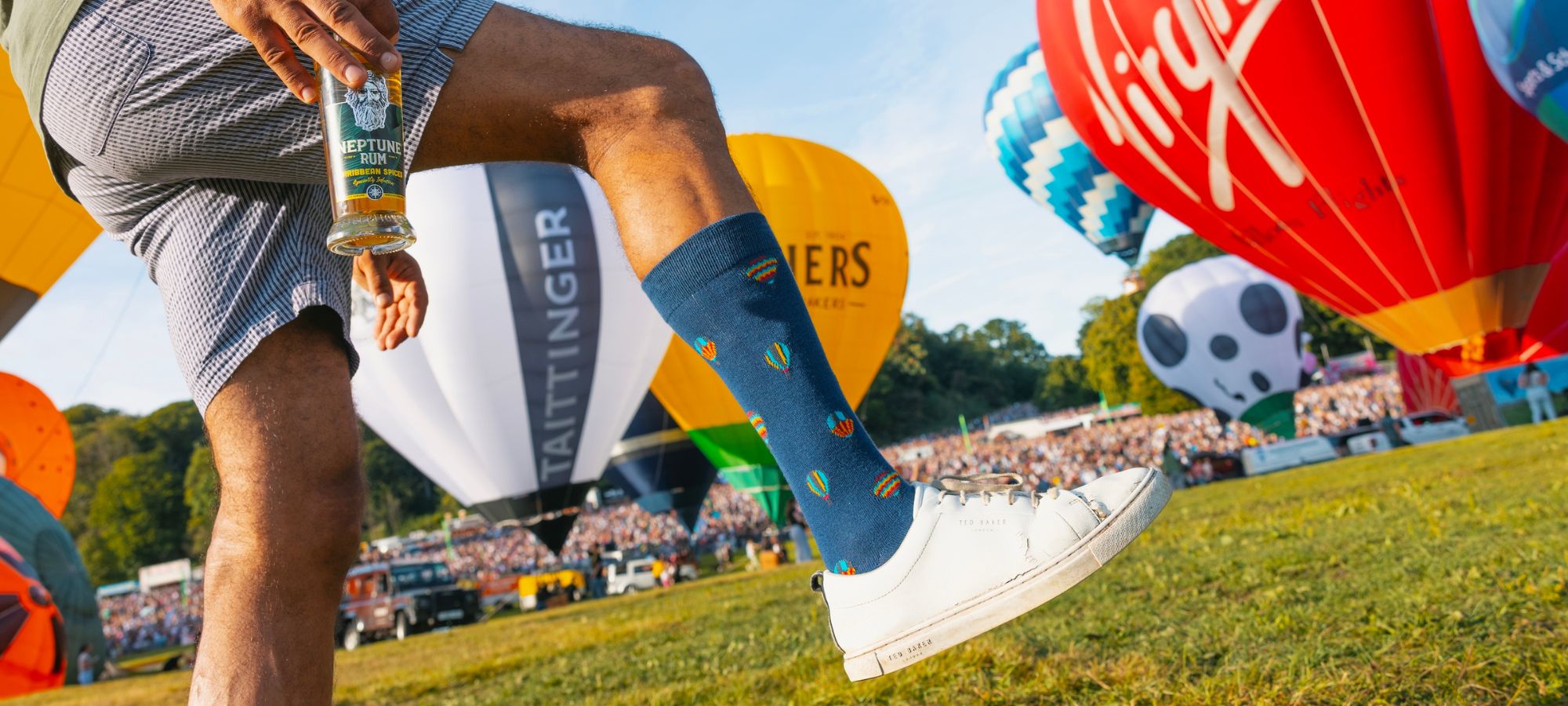
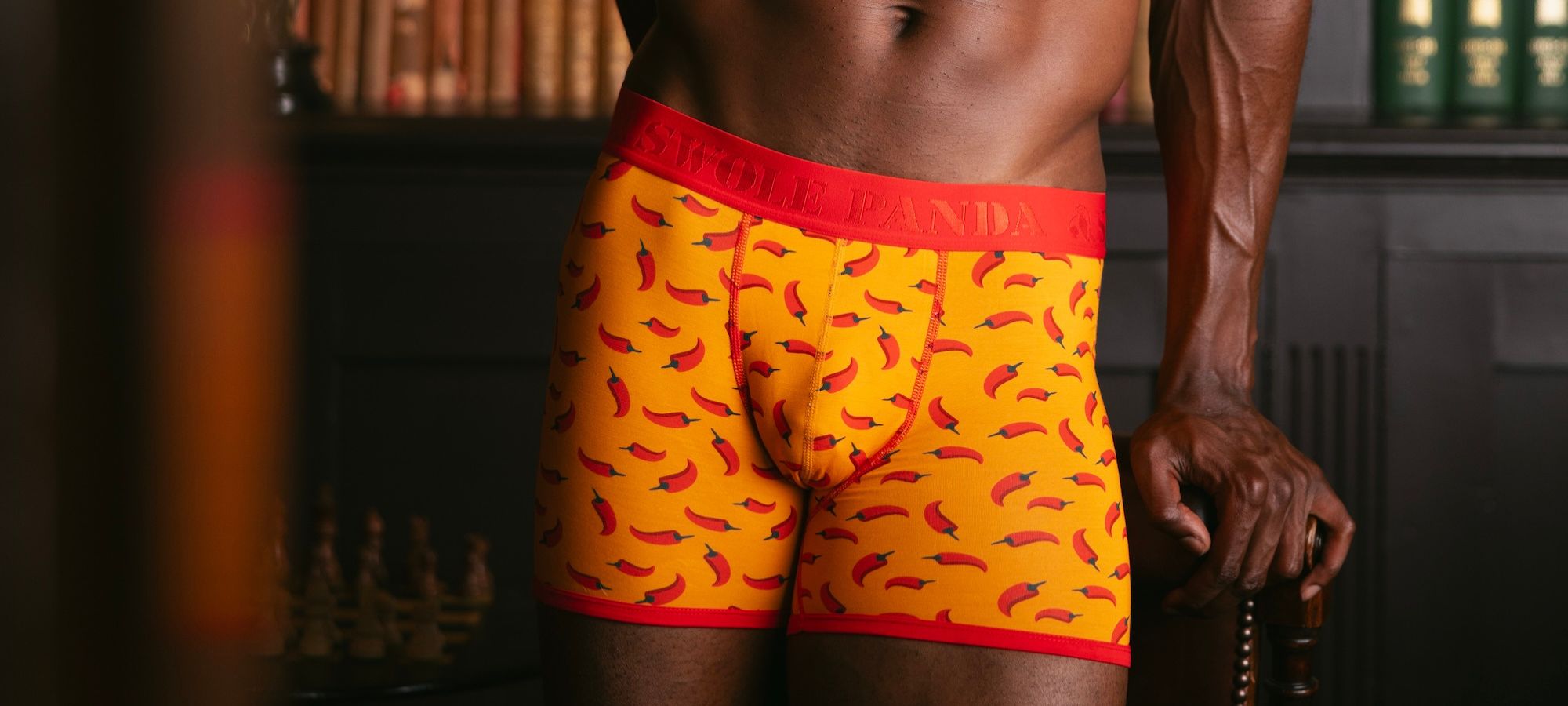
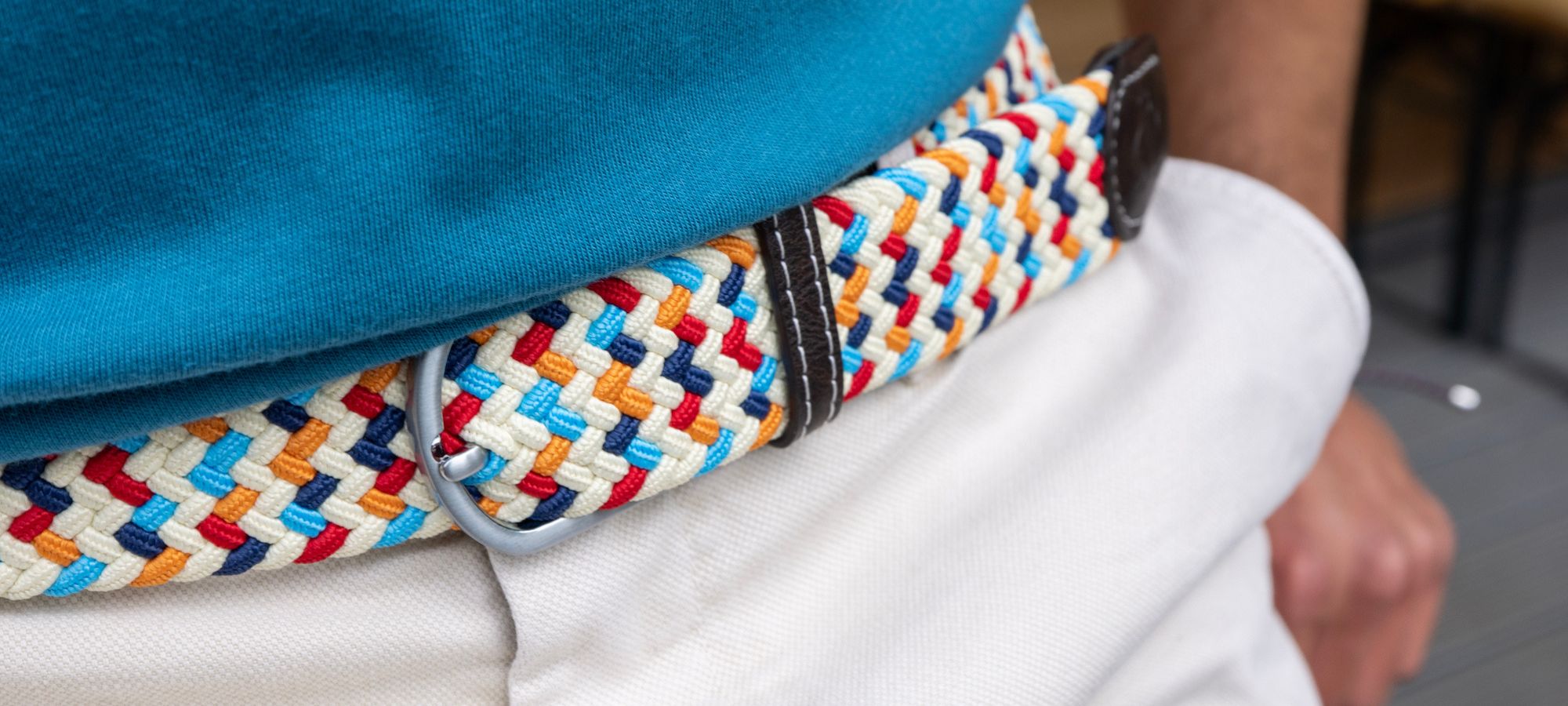

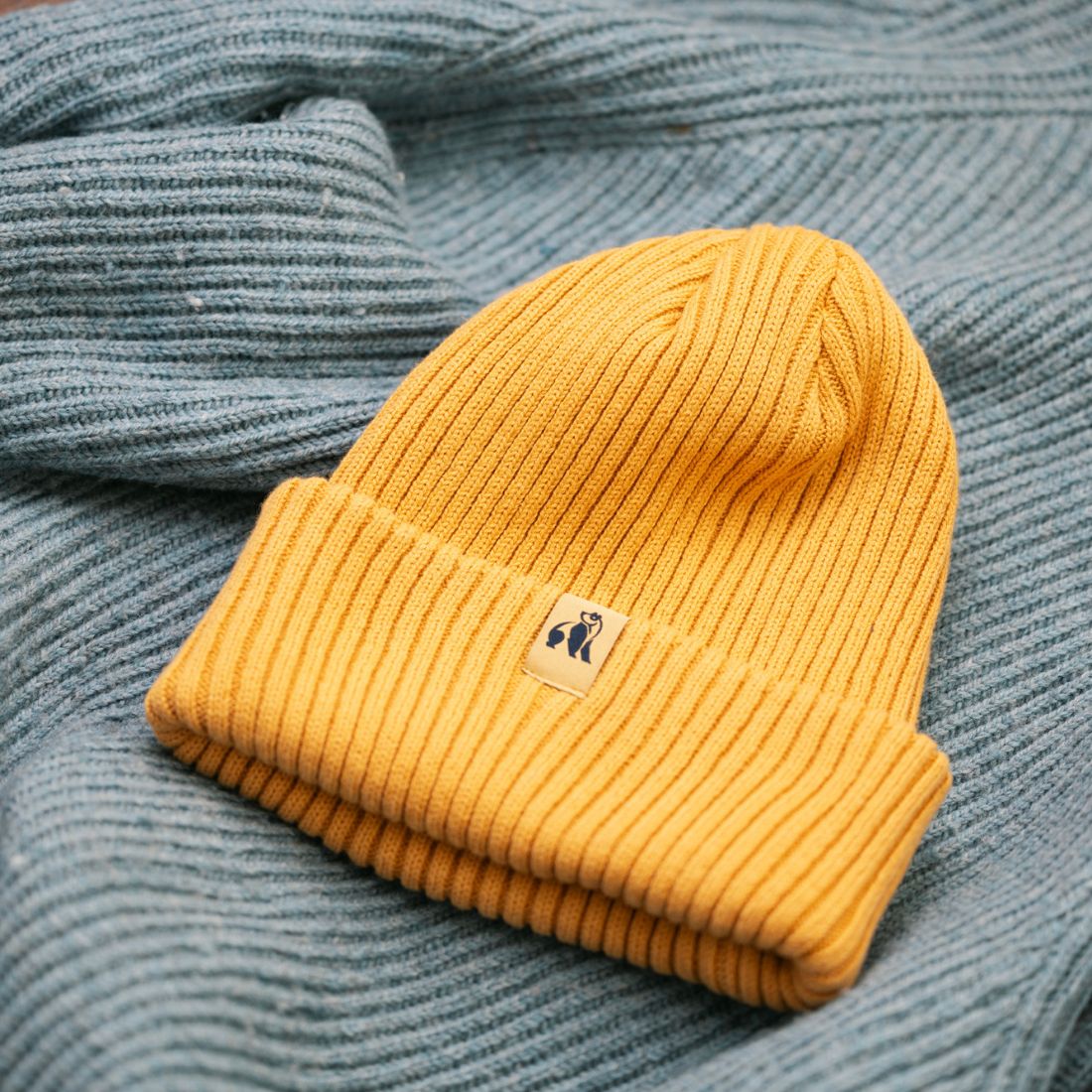

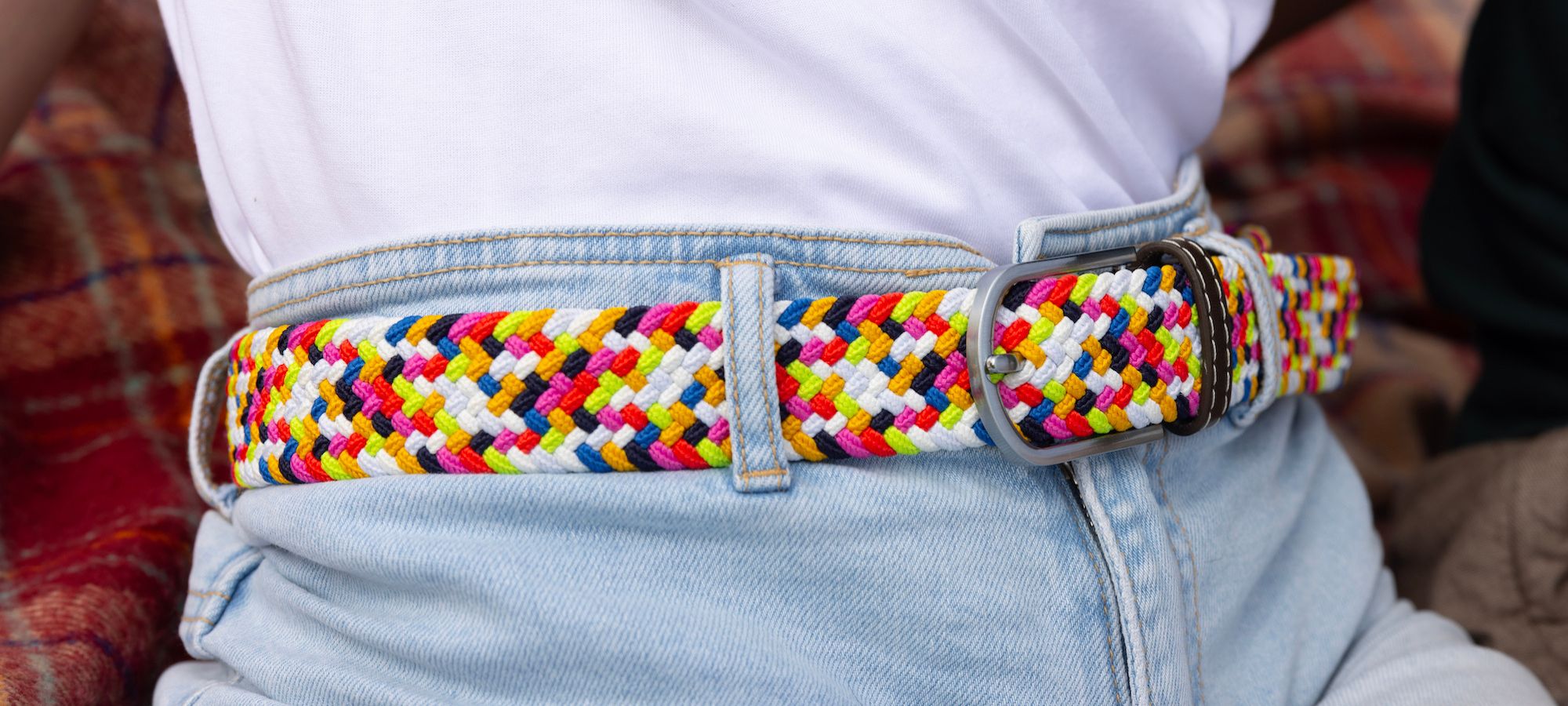
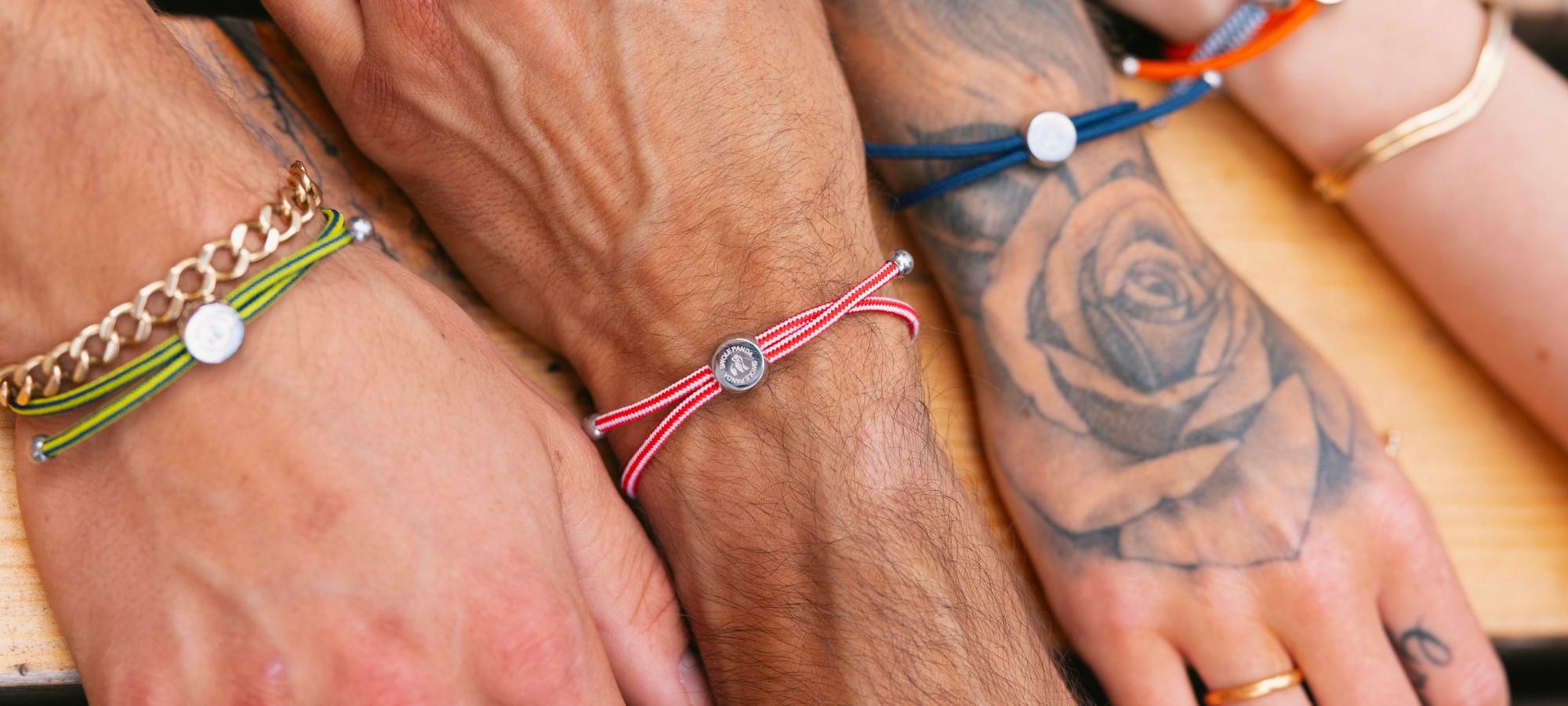
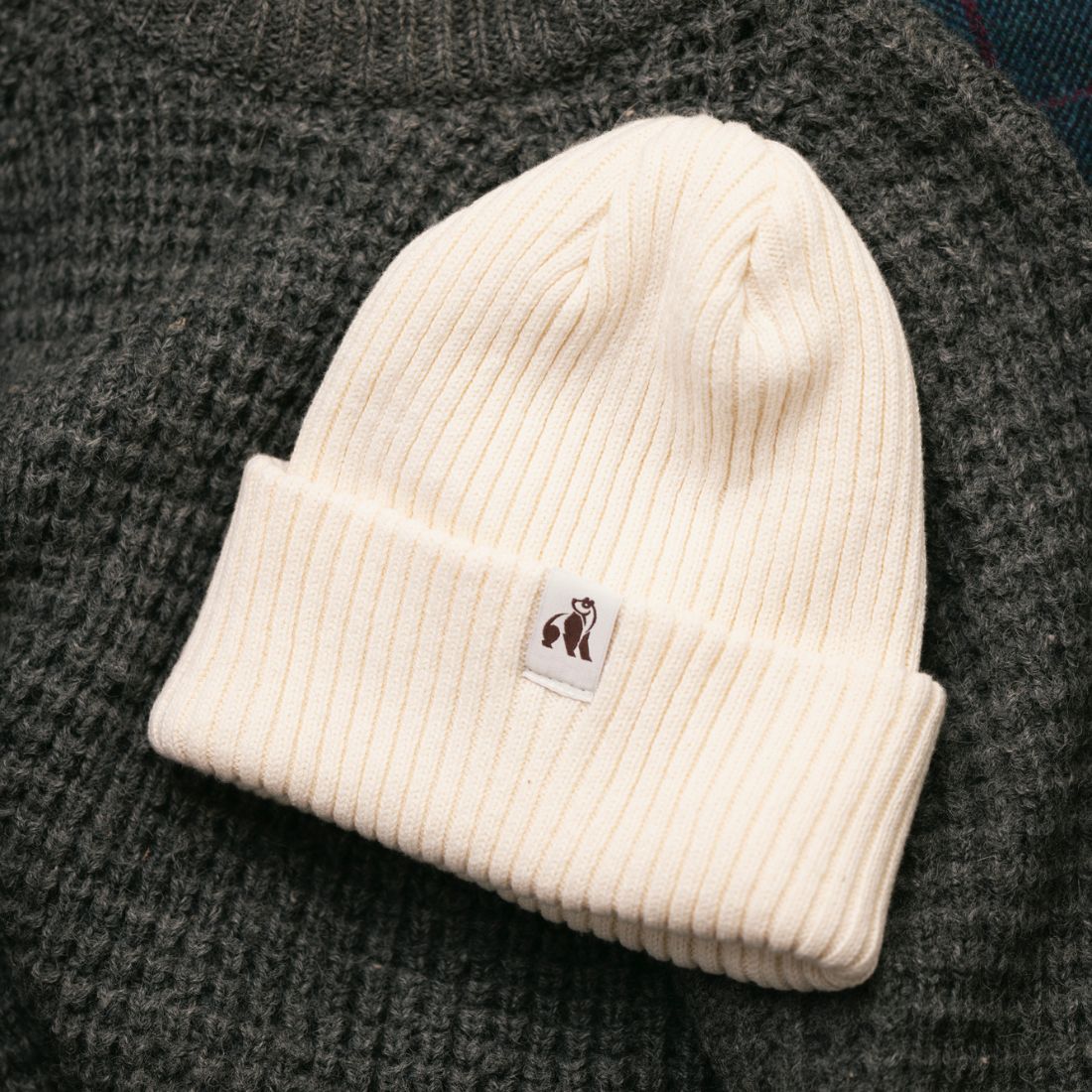

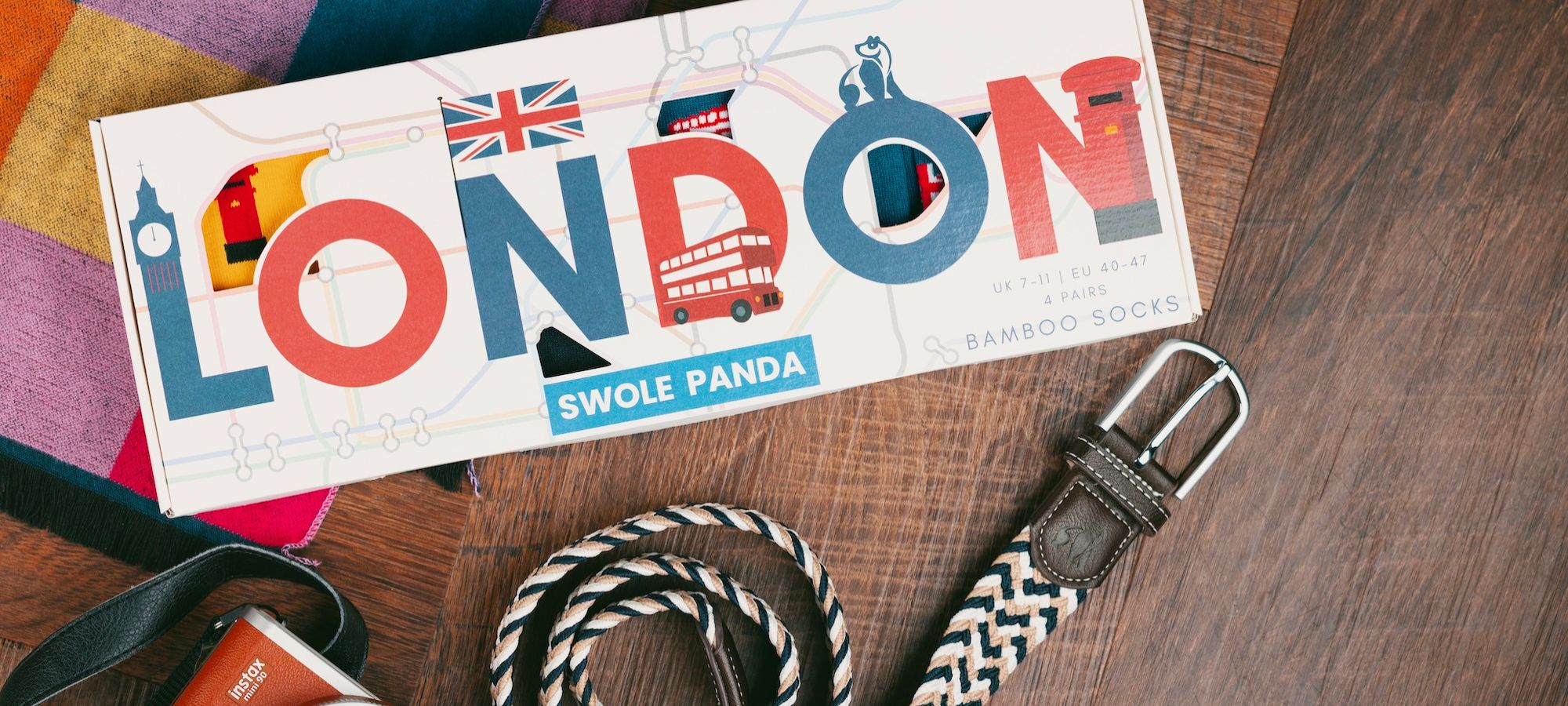
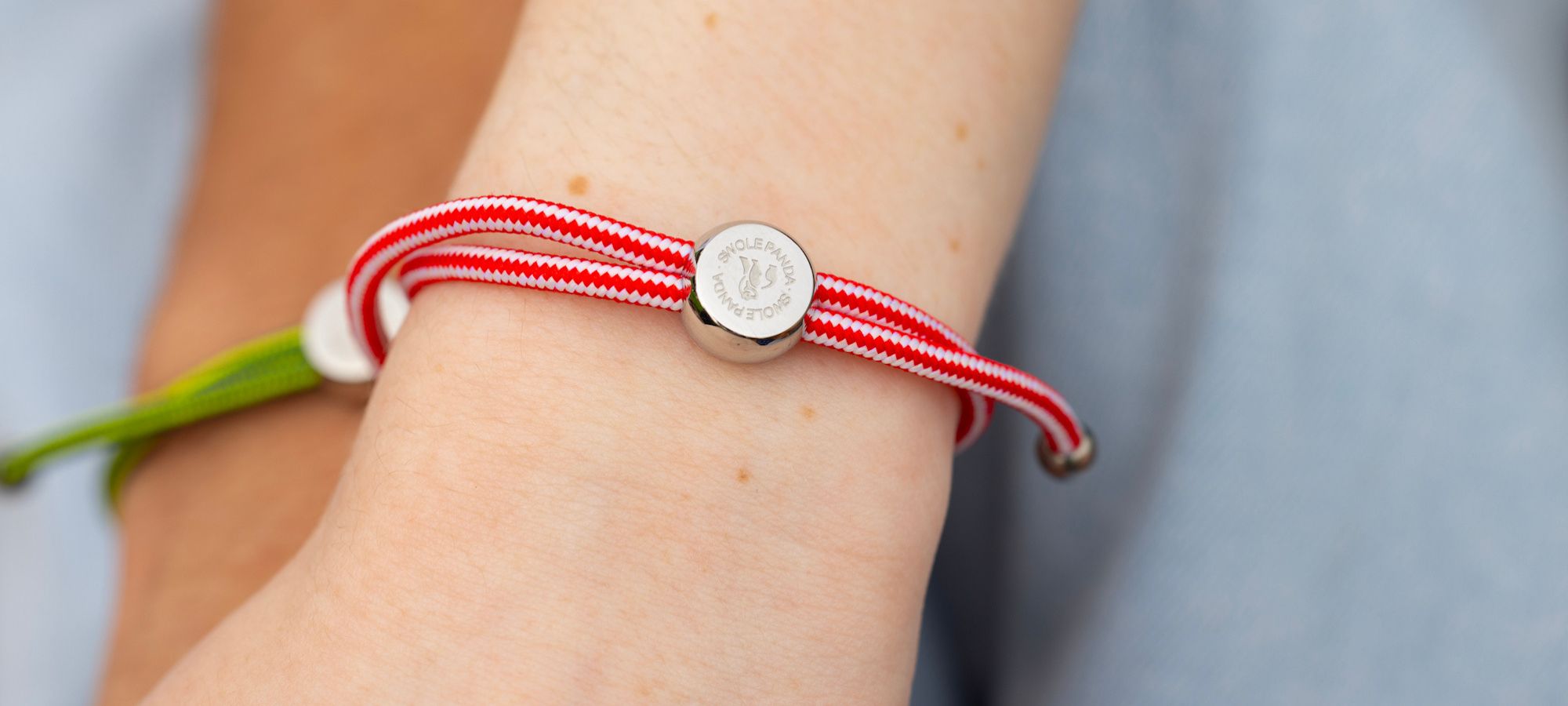
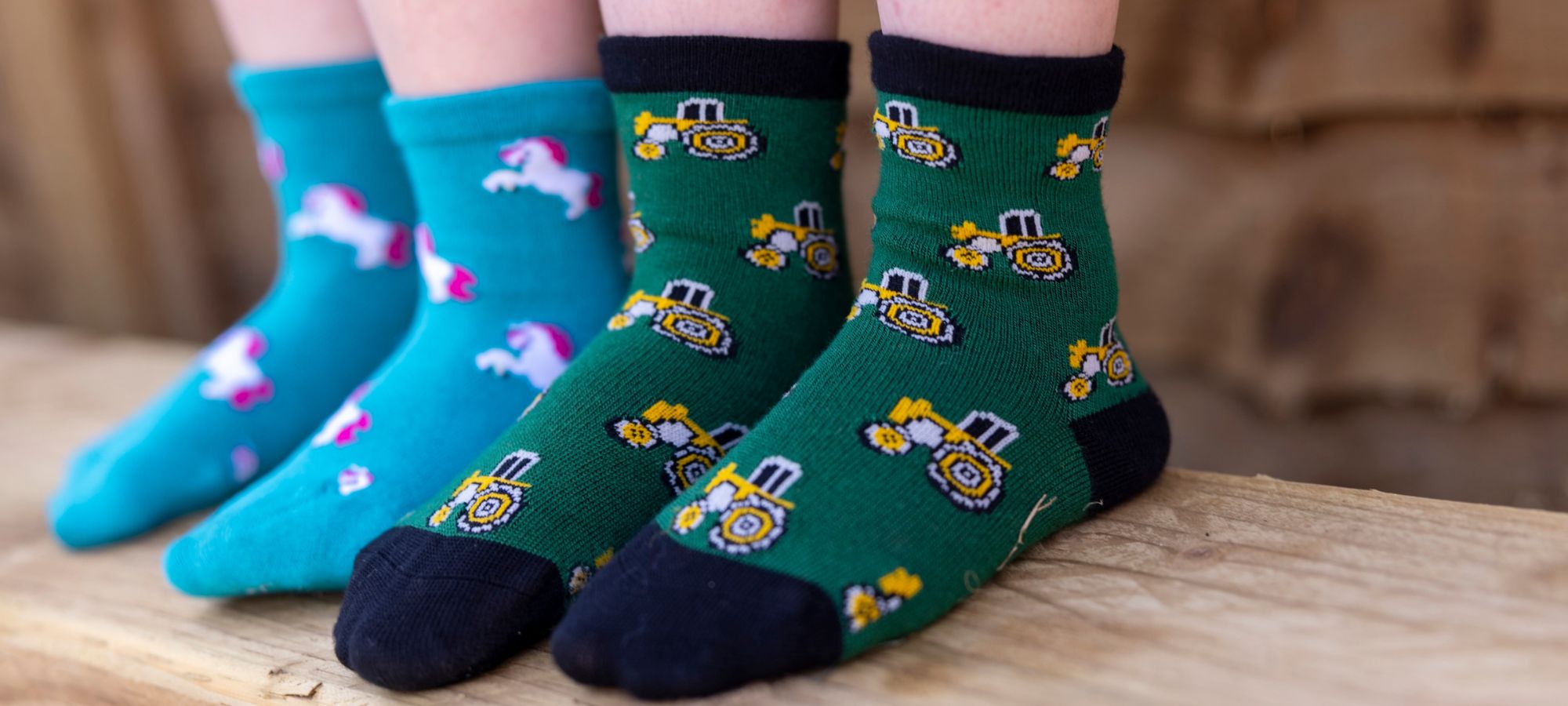
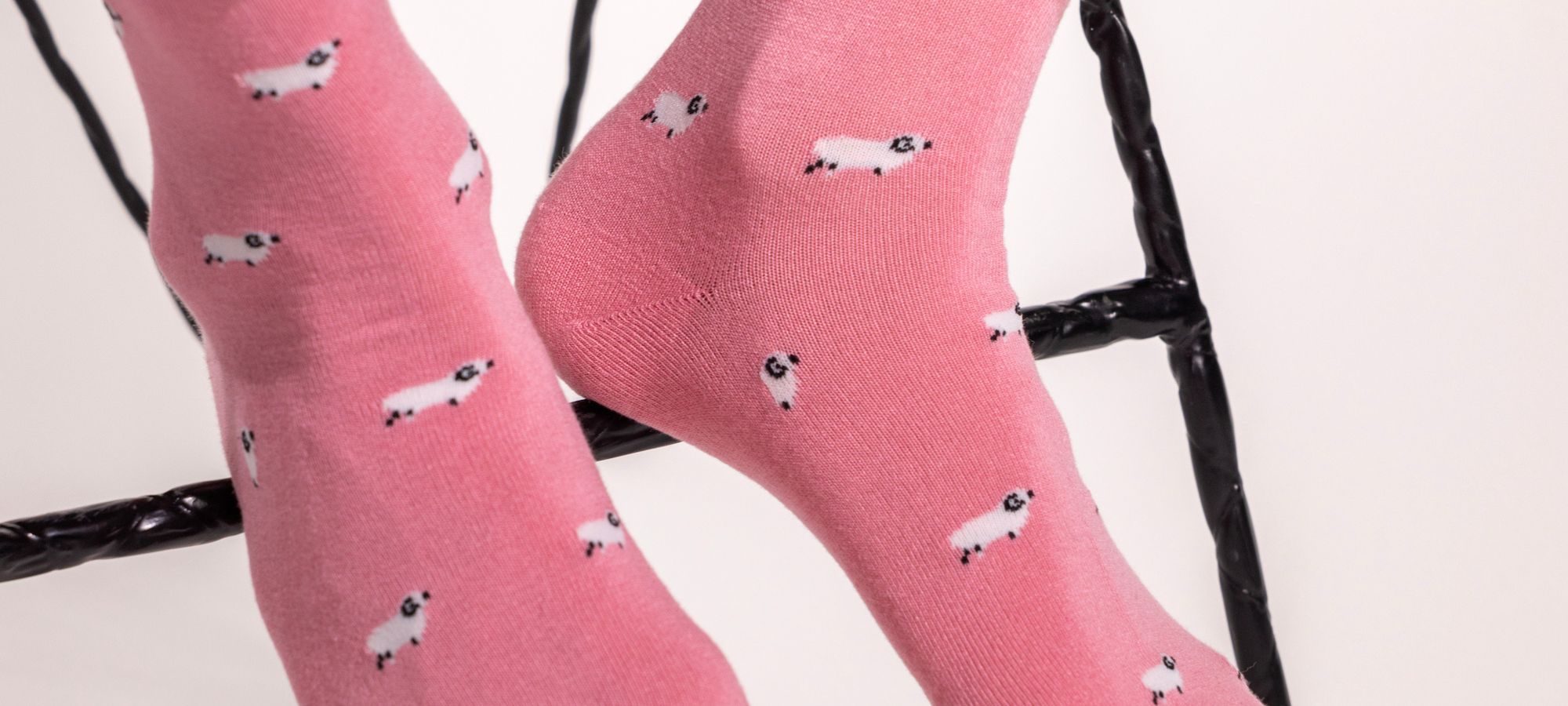
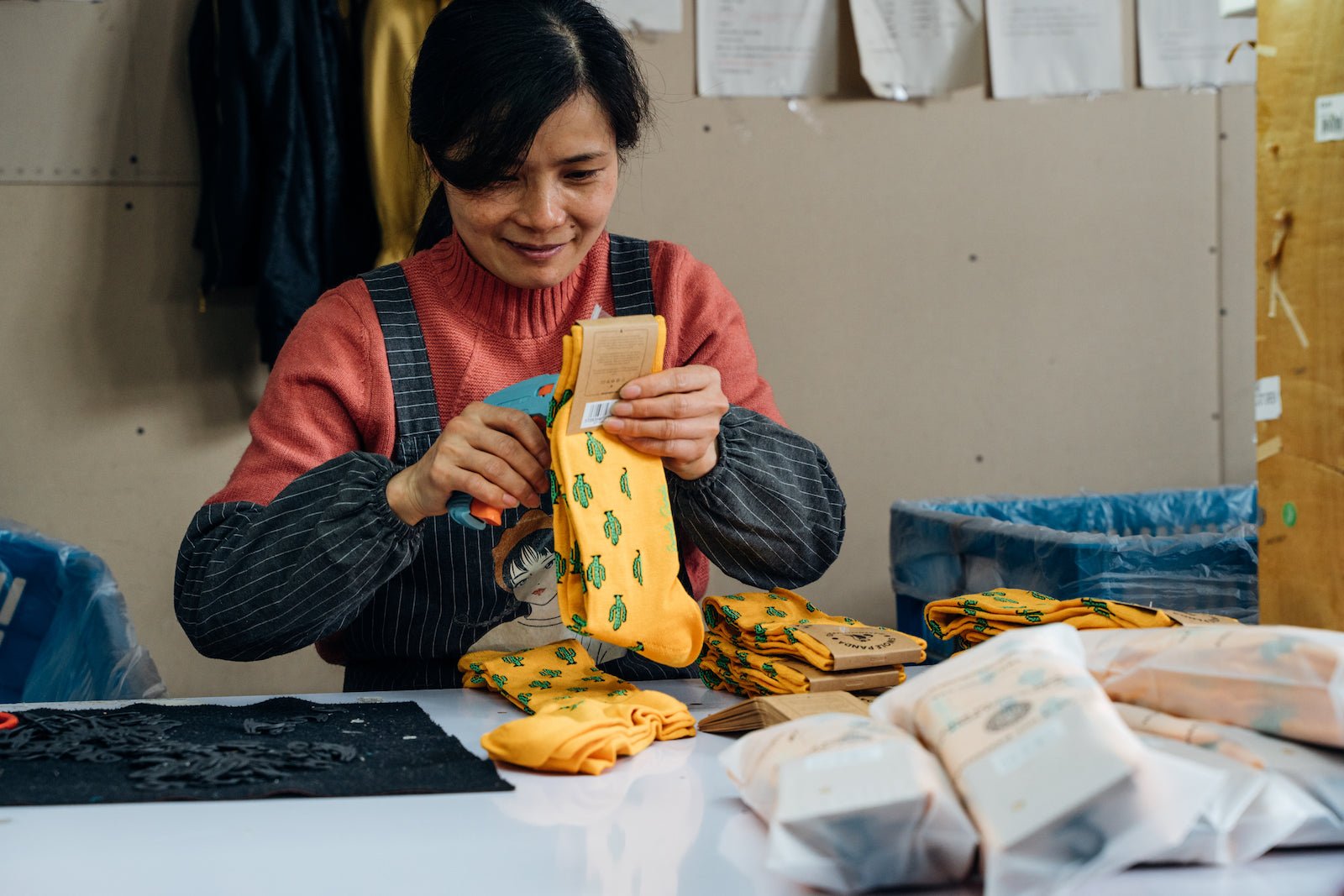
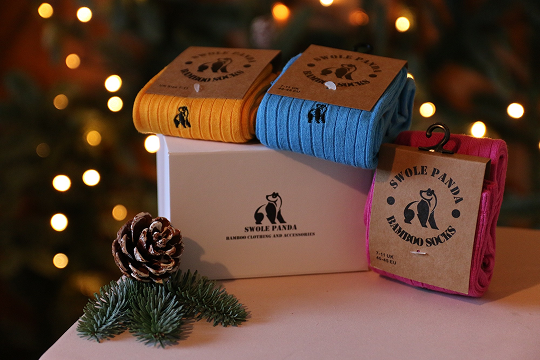





















Leave a comment